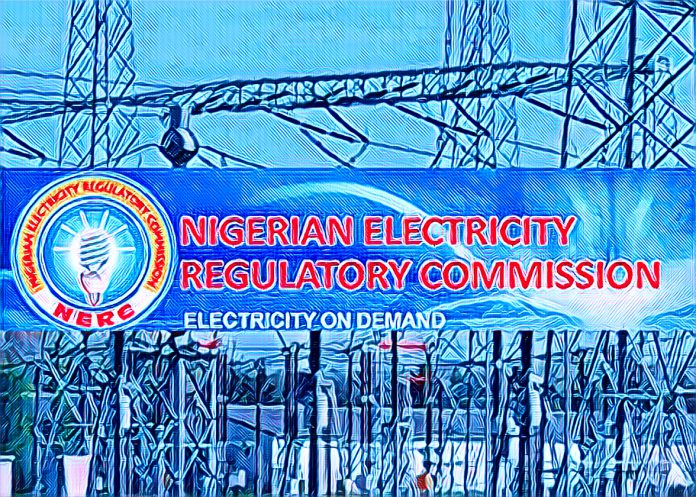The Federal Government has announced that it will need approximately N3.2 trillion to subsidize electricity in 2024 if the current tariff increase is to be reversed. This statement was made by Mr. Sanusi Garba, Chairman of the Nigeria Electricity Regulatory Commission (NERC), during a stakeholders’ meeting organized by the House of Representatives Committee on Power in Abuja.
The meeting, held on Thursday, was a platform for discussing the financial strains plaguing the sector, particularly the implications of reversing the tariff hike. Garba emphasized the inadequate investment in the sector, which he noted was insufficient to guarantee steady power supply across the nation. He also highlighted several critical issues facing the sector, including foreign exchange fluctuations and non-payment for gas supplies, which he said could potentially lead to its collapse if unaddressed.
Garba pointed out that prior to the tariff review, Electricity Distribution Companies (DisCos) were required to pay only 10% of their energy invoices. The lack of cash backing for subsidies has led to a significant liquidity challenge, affecting the entire electricity supply chain. He explained that due to non-payment of subsidies, there has been a noticeable decline in gas supply and power generation, which are critical components of Nigeria’s energy infrastructure.
The liquidity issues have been exacerbated by a continual decline in generation and occasional system collapses, which are largely attributed to the sector’s financial instability. From January 2020 to 2023, tariffs were adjusted from covering 55% to 94% of cost recovery. However, current pressures from unification of foreign exchange rates and inflation are pushing the cost-reflective tariff to N184/kWh.
Garba starkly noted that without proactive measures, the National Assembly and the Executive would be faced with the daunting task of providing around N3.2 trillion to cover the subsidy for electricity in 2024. He revealed that in 2023, only N185 billion out of the N645 billion earmarked for subsidies was actually funded, leaving a substantial shortfall of N459.5 billion.
Mr. Musiliu Oseni, Vice-Chairman of NERC, also defended the recent tariff increase, arguing that it was essential to prevent the sector from total collapse. He stressed the necessity of the tariff revision to infuse the industry with the capital required for vital improvements.
The meeting, chaired by Rep. Victor Nwokolo, aimed to address concerns regarding the tariff increase and the categorization of consumers into different tariff bands. Nwokolo mentioned that the discussions with NERC and DisCos officials were insightful, although not conclusive since representatives from the Transmission Company of Nigeria and the Generation Companies were absent.
The deliberations highlighted a consensus that without the tariff adjustment, which had been overdue since 2022, the industry would lack the capital needed to facilitate the necessary changes to stabilize and improve the power supply.



